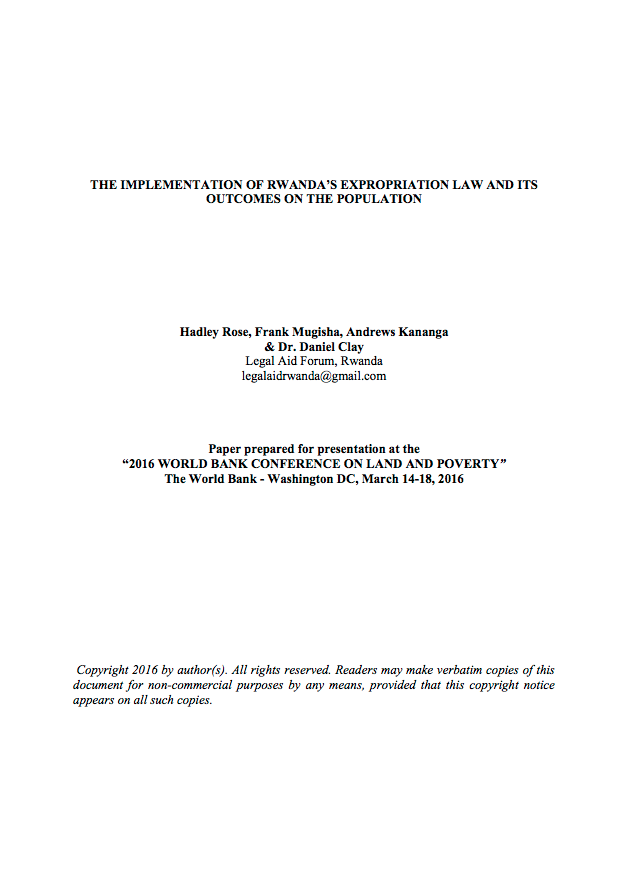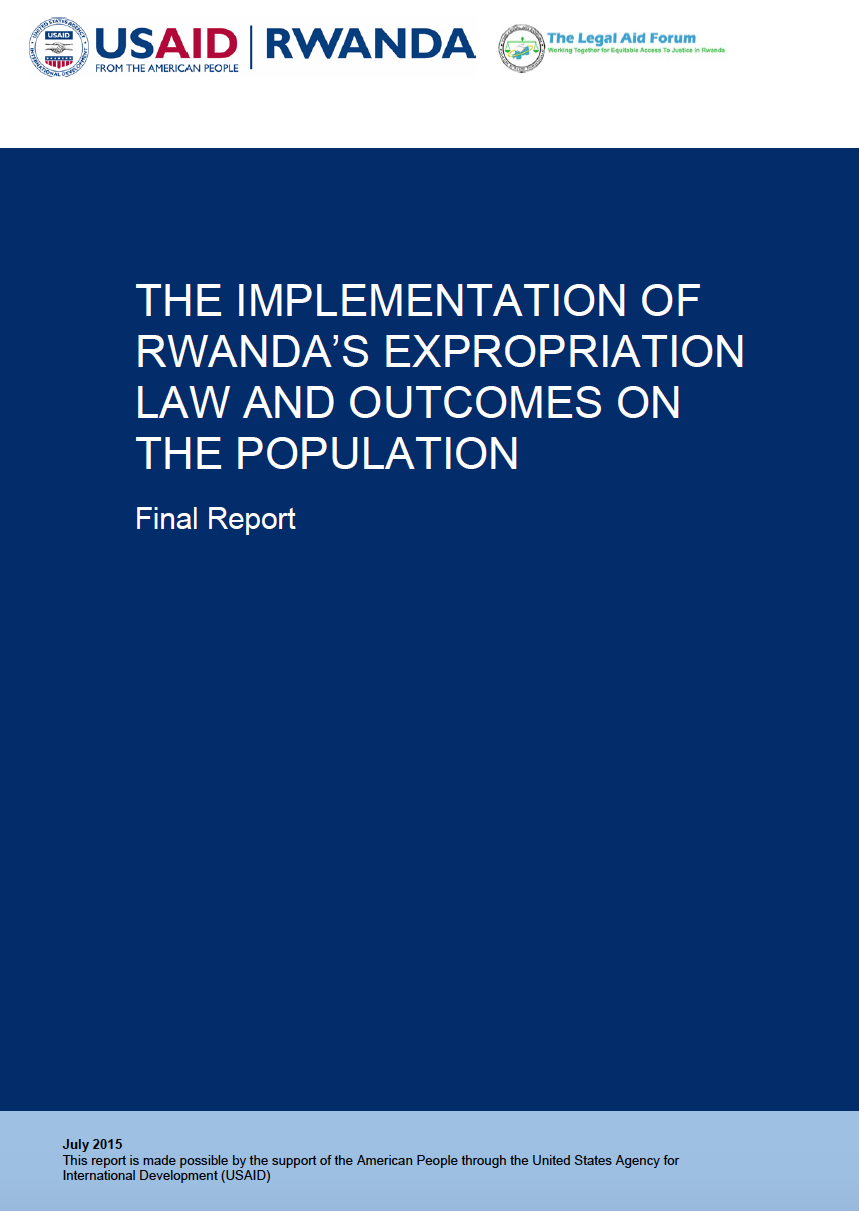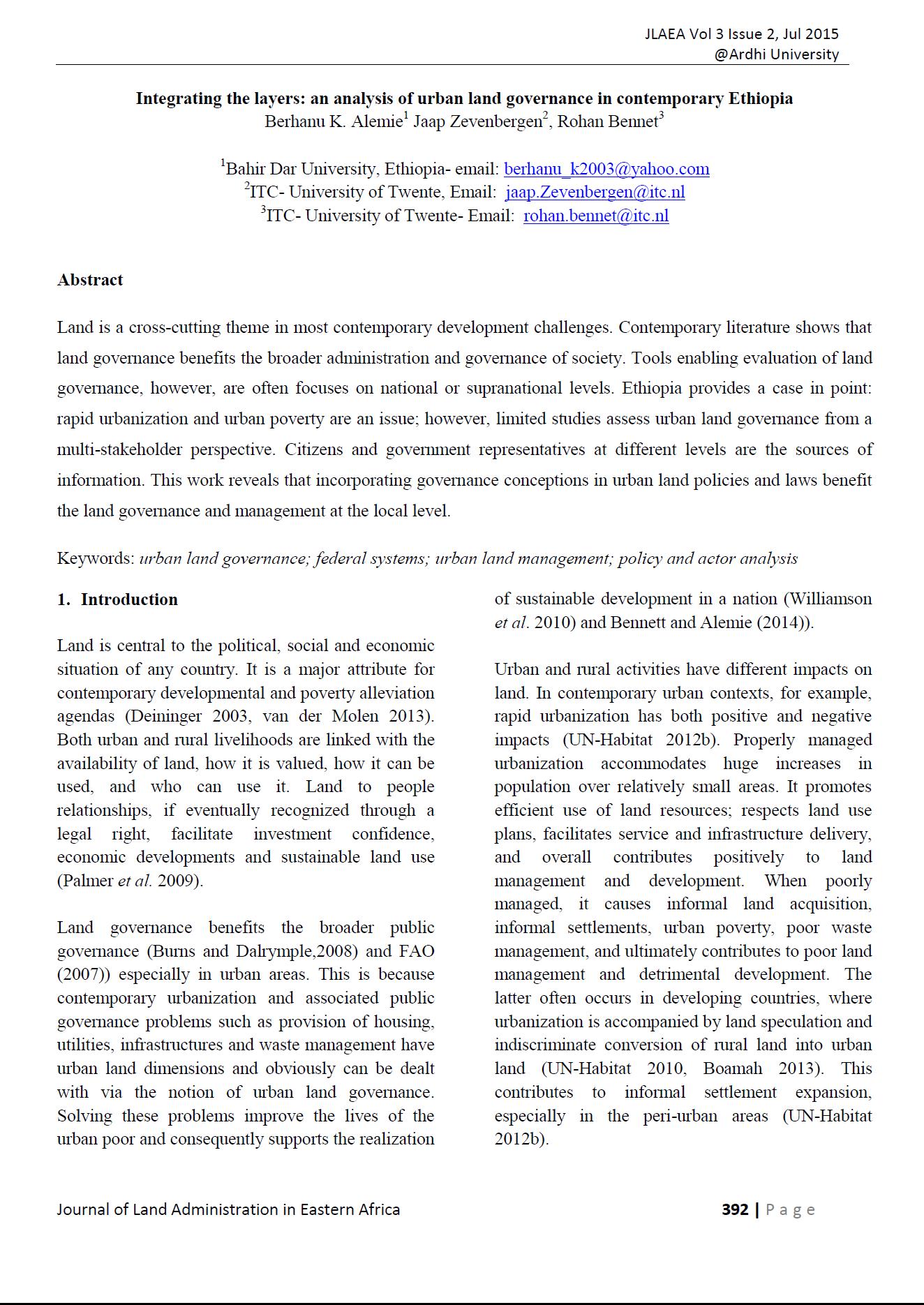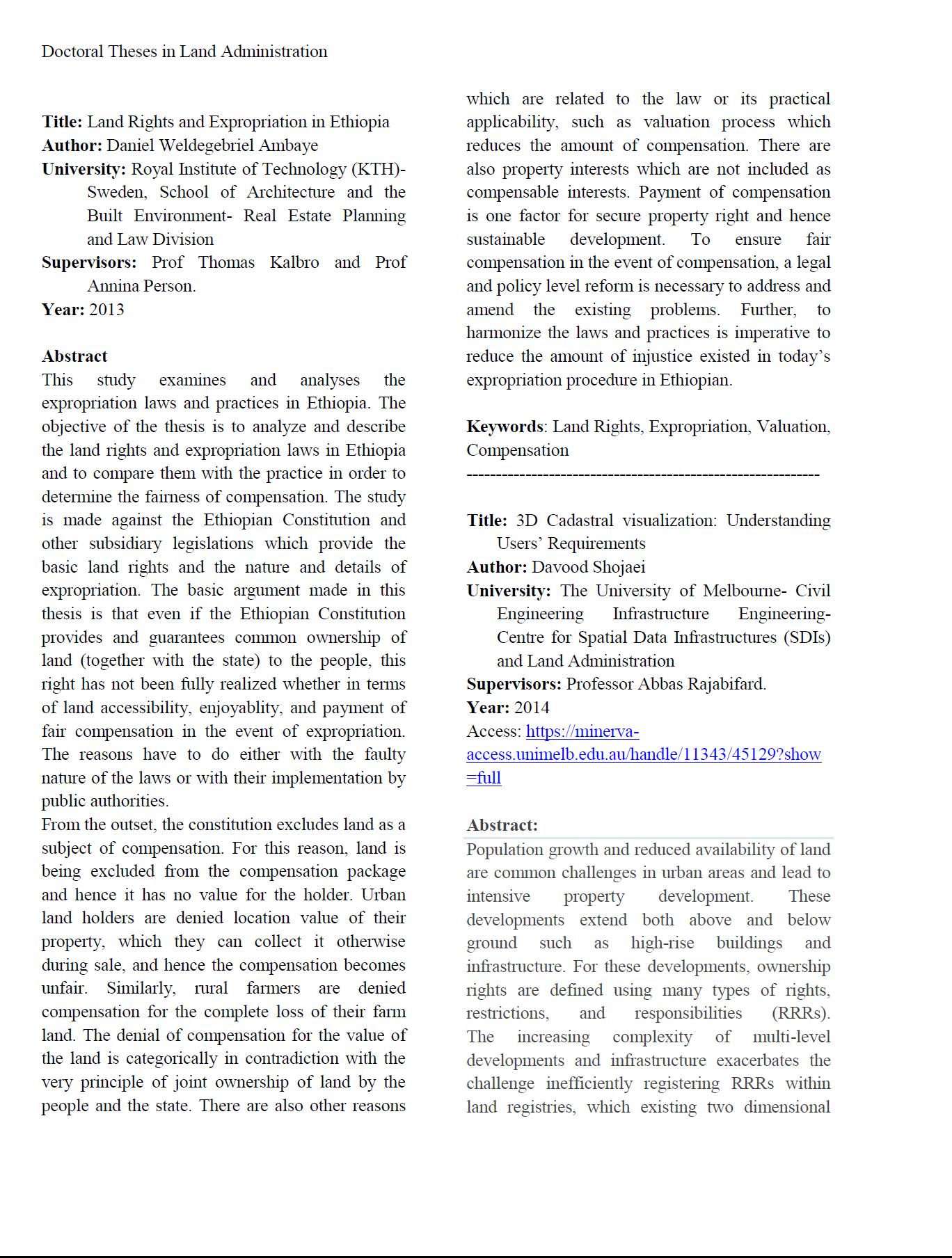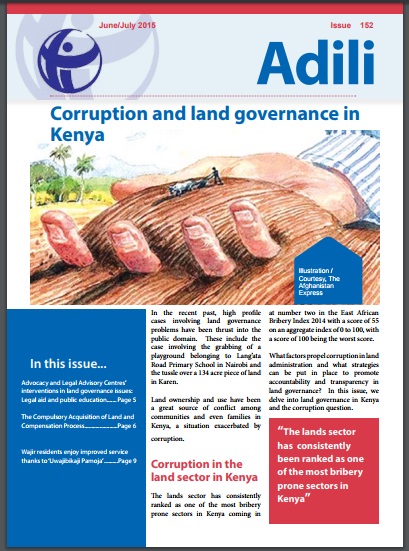Expropriation Bill [B4-2015]: deliberations on public comments, in presence of Deputy Minister
The Deputy Minister of Public Works, Mr Jeremy Cronin, briefed the Committee on the preliminary responses of the Department of Public Works (DPW) to the inputs received during the public hearings on the Expropriation Bill [B4- 2015]. However, the Department had been expecting that the Committee would finalise its report on those hearings and thus did not yet have a full written response. The DPW acknowledged that there were many useful points but had not accepted all input.




